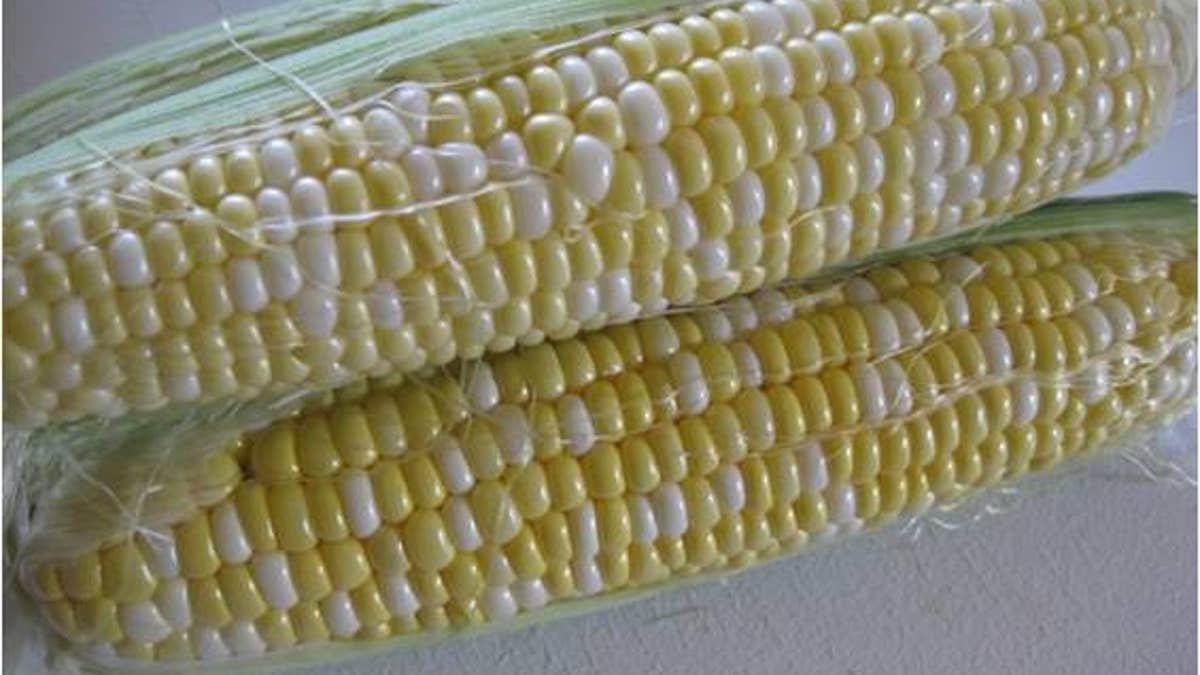
Scientists have grown a drug to treat a rare genetic disease inside corn plants, potentially offering a cheaper way to manufacture a treatment that currently costs hundreds of thousands of dollars a year for each patient.
The move marks an advance for the emerging field of molecular farming, which could one day see complex biotech medicines being mass-produced in plants rather than factories.
Researchers from Canada and Australia reported on Tuesday that they had created transgenic corn that could synthesize alpha-L-iduronidase, an enzyme used for a debilitating condition called mucopolysaccharidosis I (MPS I).
The disease causes progressive damage to the heart, brain, and other organs.
The research is still at an early stage and the new plant-grown medicine has not been tested in clinical trials, so any eventual treatment is still many years from reaching the market.
But the work, led by scientists at Canada's Simon Fraser University, is a significant step forward because it shows a way of producing molecules that should be accepted by the human immune system without causing dangerous side effects.
George Lomonossoff of Britain's John Innes Centre, who was not involved in the research, said the ability to control the way sugars bound to proteins in the corn was "an important addition to the toolkit for producing pharmaceuticals in plants".
"This is GM technology which offers a means for the production of a better quality pharmaceutical. However, the clinical efficacy and safety of the drug will need to be proven," he said.
MPS I is one of dozens of lysosomal storage disorders, including Fabry and Gaucher disease, many of which can be treated with enzyme replacement therapies, made by companies like Sanofi's Genzyme unit and Shire.
But the current process of making them in mammalian cell cultures inside stainless steel tanks is very expensive.
In the case of MPS I, treatment with the enzyme replacement drug Aldurazyme, from Genzyme and Biomarin, costs over $300,000 a year for children and more for adults.
Writing in the journal Nature Communications, the researchers said transgenic plants could be a cost-effective and safe alternative.
Some large companies have been looking at ways to make complex protein drugs in plants but molecular farming has yet to deliver its first commercial product.
The closest is a Gaucher disease drug from Israel's Protalix BioTherapeutics and Pfizer, which is produced in a culture of carrot cells - rather than in whole plants - and was approved for sale in the United States in May.




















